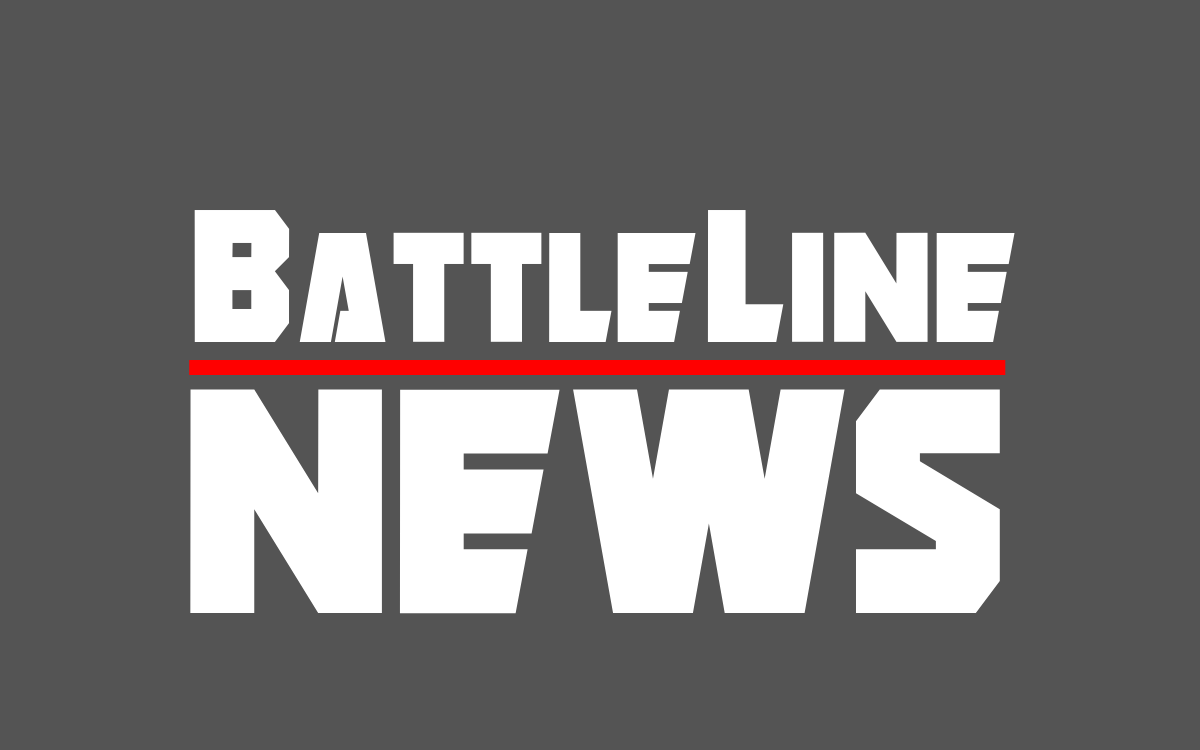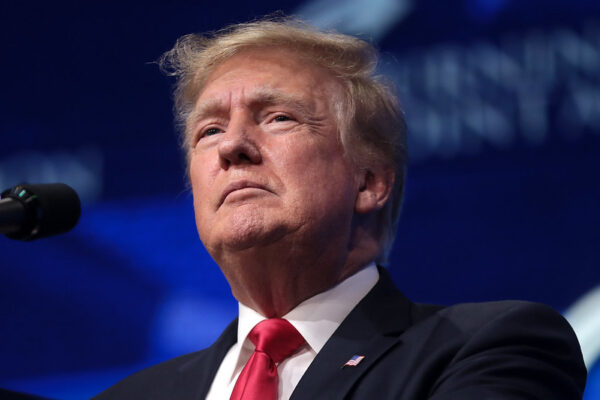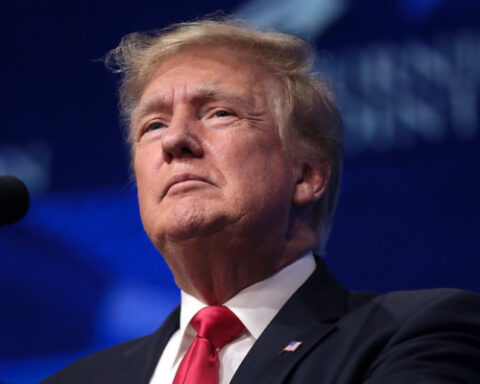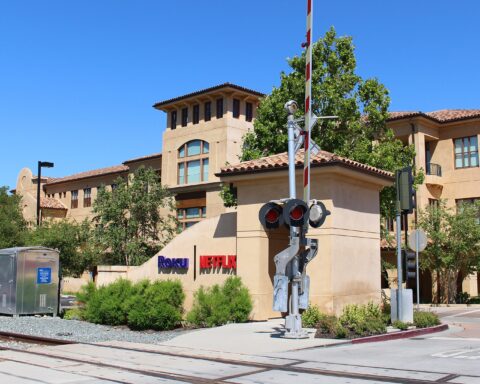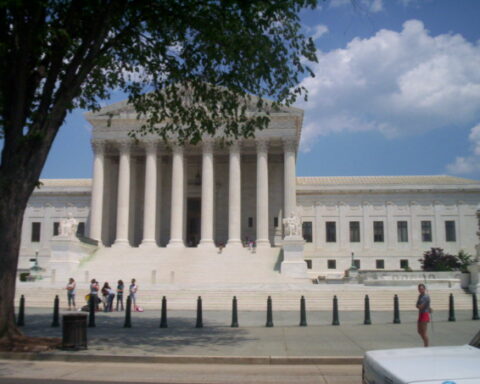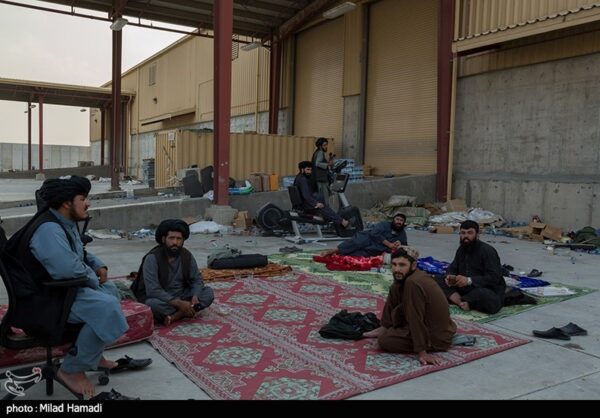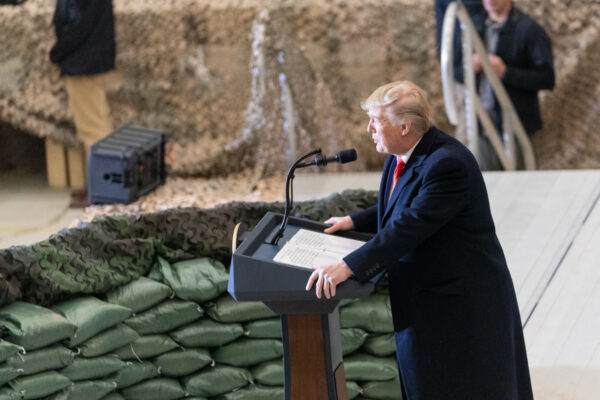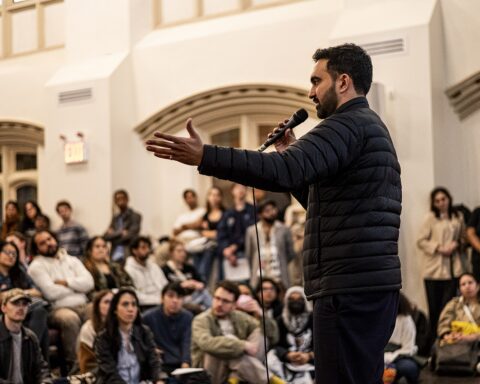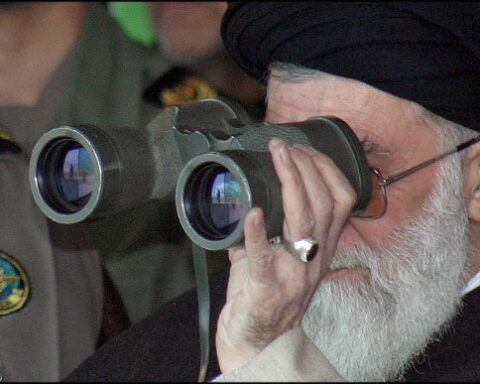President Donald J. Trump on Friday reportedly signed a proclamation dramatically increasing the fee for H-1B visa applications to $100,000, a move aimed at reshaping the U.S. labor market by making it far more costly for companies to rely on foreign workers.
The H-1B program, long prized by the technology sector and other industries for bringing in skilled foreign talent, will now carry a six-figure price tag on top of existing costs, which are already paid by employers.
Supporters of the change say it represents a landmark shift toward protecting American workers and discouraging corporations from outsourcing or relying on imported labor.
“We need workers, we need great workers and this pretty much ensure that that’s going to happen,” Trump said after signing the order.
Commerce Secretary Howard Lutnick framed the policy as part of the administration’s broader effort to reassert American competitiveness by prioritizing domestic hiring. “Stop bringing in people to take our jobs, that’s our policy here,” Lutnick said. “All of the big companies are on board. We’ve spoken to them about the gold card and this.”
The new measure adds to the administration’s crackdown on immigration policies that critics argue have long put U.S. workers at a disadvantage.
By dramatically raising the cost of hiring foreign employees, the Trump administration is betting that companies will be pushed to expand recruitment and training programs for Americans.
The proclamation also directs Labor Secretary Lori Chavez-DeRemer to begin revising the prevailing wage levels for H-1B workers, according to Bloomberg, a move that could further reduce incentives for firms to rely on the visa program.
For years, the H-1B visa has been a favored channel for employers in Silicon Valley and other industries to bring in foreign specialists for jobs requiring advanced technical skills.
The visas are typically valid for three years and can be extended for up to six years, but critics have charged that the program depresses wages and crowds out opportunities for U.S. citizens.
By attaching a $100,000 fee, the administration is sending a clear message that reliance on foreign labor must now come with a serious cost.
Supporters argue that while this may deter some companies from seeking overseas talent, it will level the playing field for Americans eager to compete in industries where foreign workers have become the norm.
The White House maintains that the move is consistent with Trump’s broader economic strategy: leveraging trade, immigration, and regulatory policy to benefit U.S. workers over multinational corporations and foreign competitors.
While the change could reshape hiring practices in technology and finance, it reflects Trump’s conviction that American workers should not be sidelined in their own economy.
The administration has long argued that restricting immigration — whether illegal or through tightening legal programs like H-1B — is central to restoring fairness to the labor market.
In Trump’s words, the goal is simple: to ensure “great workers” are given every opportunity at home before corporations look abroad.
[READ MORE: Taliban Reject Trump’s Bid to Reclaim Bagram, but Talks Continue]
